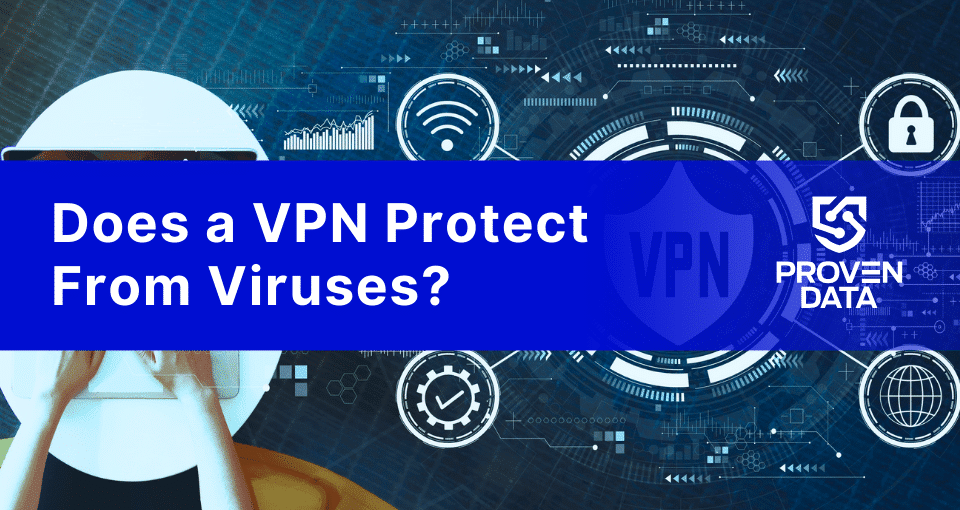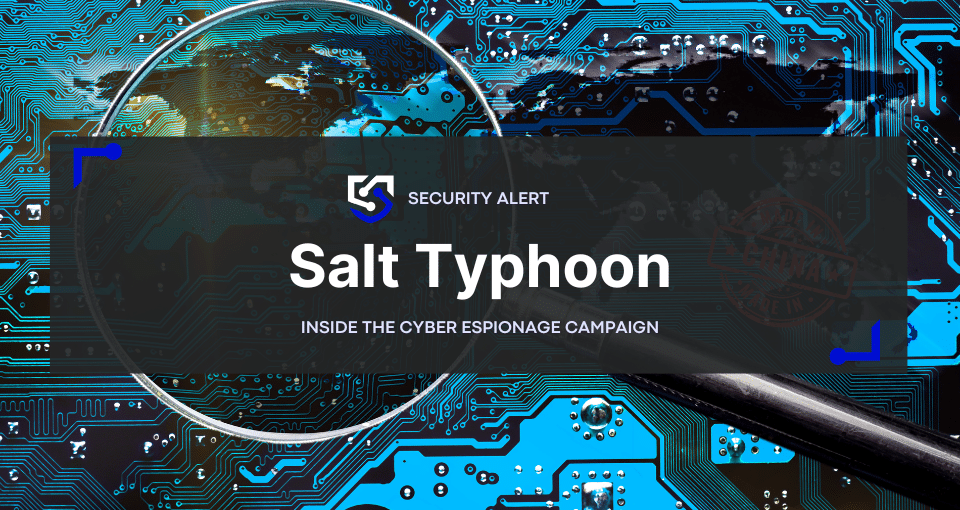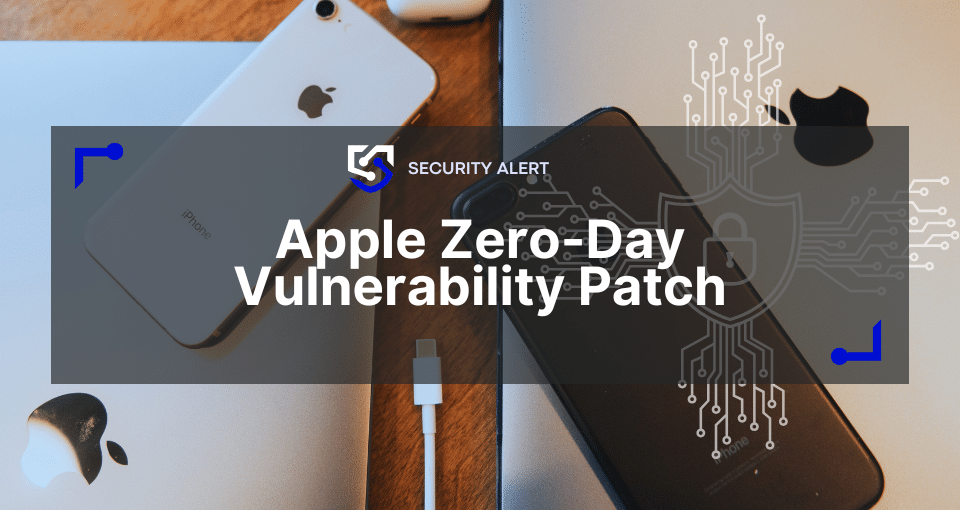You may have already heard of NordVPN, Surfshark, ExpressVPN, CyberGhost VPN, and Atlas VPN, which have risen in popularity, mostly due to their extensive sponsorship campaigns with YouTubers.
VPN stands for Virtual Private Network, a tool that encrypts your internet traffic and hides your IP address, making your online activity more secure and private. For this reason, many people believe a VPN protects against viruses. However, even though a VPN secures internet traffic, it does not work like antivirus software to secure devices.
So, can a VPN protect a system from viruses or malware?
Quick answer: No, a VPN, on its own, does not protect your computer from viruses. However, combined with other security strategies, it can make it harder or nearly impossible for a virus to infect your machine.
How can a VPN help prevent viruses?
A VPN can enhance your online security and help protect you from viruses by encrypting your internet traffic, masking your IP address, and providing additional security features. This encryption ensures that even if a hacker intercepts your data, they won’t be able to decipher it. This encryption applies to your browsing activity and any data exchanged with websites and servers, including downloads.
This is particularly useful when connecting to public Wi-Fi networks, such as those in cafes, airports, or hotels. These networks are notorious for lacking security, making them prime targets for hackers who want to intercept data transmitted over them.
Users should employ multiple layers of protection to guarantee the security of their systems and machines. This includes antivirus software, safe browsing practices, and a VPN.
Important: No cybersecurity solution is failproof, primarily because users can override antivirus and VPN software and accidentally download viruses and malware onto their computers via phishing or other cyber threats.
Does a VPN actually keep you safe?
VPNs work best in providing digital privacy since they can encrypt your internet traffic and hide your IP address. However, it cannot prevent you from intentionally visiting malicious websites or downloading infected files.
Users should still exercise caution when browsing the internet, avoid clicking on suspicious links or downloading files from untrusted sources, and use reputable antivirus software in conjunction with a VPN for maximum protection.
Unfortunately, despite its benefits, it’s essential to recognize that a VPN alone cannot provide comprehensive protection against viruses and malware.
Pro tip: In case of virus or ransomware threat, you can contact Proven Data experts to remove the ransomware and restore any lost or corrupted data.







